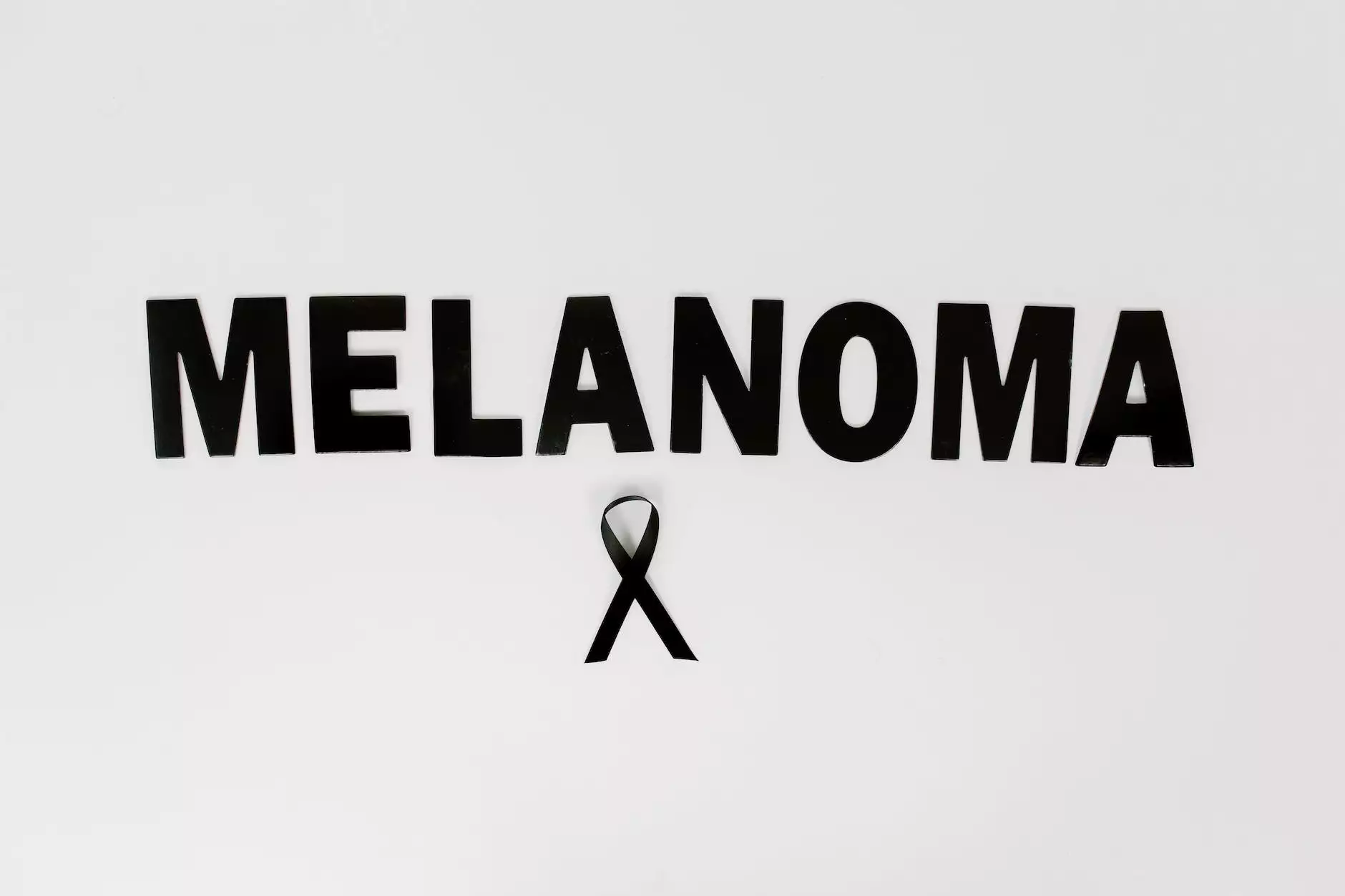Your Breast Cancer-Fighting Team Checklist
Breast Care
Introduction
When facing a breast cancer diagnosis, it's crucial to have a strong and knowledgeable team by your side. This checklist provides a comprehensive guide to assembling your ultimate breast cancer-fighting team. From medical experts to emotional support networks, we'll explore the important elements necessary for your journey to recovery.
1. The Right Medical Professionals
Your medical team will play a crucial role in your breast cancer treatment and care. It's important to find highly experienced professionals like Richard Martinez, MD, who specialize in oncology and have a deep understanding of breast cancer. This expertise will ensure you receive the best possible care tailored to your specific needs.
1.1 Oncologists
Oncologists are specialists who diagnose and treat cancer. They will be at the forefront of your breast cancer treatment, guiding you through the various stages. Look for oncologists who have extensive experience in breast cancer and a track record of successful outcomes.
1.2 Surgeons
Surgeons will be responsible for any necessary surgical procedures, such as lumpectomy or mastectomy. Seek surgeons who specialize in breast cancer surgery and have a wealth of experience in performing these procedures. Their expertise will ensure the best possible surgical outcomes.
1.3 Radiologists
Radiologists play a critical role in diagnosing and monitoring breast cancer through imaging techniques like mammograms, ultrasounds, and MRIs. Look for radiologists who have an extensive background in breast imaging and can accurately interpret your results.
1.4 Pathologists
Pathologists analyze biopsy samples and provide valuable information about the type and stage of breast cancer. Choose pathologists who specialize in breast pathology and have a reputation for accurate and thorough analyses.
2. Emotional Support
Emotional support is vital during a breast cancer journey. Surround yourself with a network of individuals who can provide comfort, empathy, and encouragement.
2.1 Loved Ones
Your loved ones, including family and close friends, can provide emotional support and help you tackle the challenges that arise during treatment. Openly communicate with them about your needs and lean on their support when necessary.
2.2 Support Groups
Joining breast cancer support groups allows you to connect with others who share similar experiences. These groups offer a safe space to discuss concerns, share advice, and find solace in knowing you're not alone in your journey.
2.3 Mental Health Professionals
Consider seeking guidance from mental health professionals, such as therapists or counselors, who specialize in supporting individuals facing cancer. They can provide coping strategies, emotional guidance, and help manage the psychological toll cancer can have.
3. Treatment Options and Clinical Trials
Your breast cancer-fighting team should be well-versed in the latest treatment options and clinical trials available to you.
3.1 Chemotherapy
Chemotherapy is a common treatment option for breast cancer. Your oncologist should explain the different chemotherapy options, their potential side effects, and help you make informed decisions about your treatment plan.
3.2 Radiation Therapy
Radiation therapy may be recommended alongside surgery or as a standalone treatment. Your oncologist and radiation oncologist will work together to determine the appropriate radiation therapy approach and dosage for your specific case.
3.3 Targeted Therapies
Targeted therapies, such as hormone therapy or HER2-targeted therapy, are designed to specifically target cancer cells, minimizing side effects on healthy cells. Your oncologist should discuss the potential benefits and risks of these treatments, taking into account your unique situation.
3.4 Clinical Trials
Participating in clinical trials can provide access to innovative treatments and contribute to advancing breast cancer research. Consult with your oncologist to determine if there are any clinical trials suitable for your situation.
Conclusion
Assembling your breast cancer-fighting team is a critical step towards winning the battle against breast cancer. Choosing the right medical professionals, establishing a strong support network, and exploring the available treatment options are all essential components of your journey to recovery. Remember, with the right team by your side, you can face breast cancer with confidence and resilience.










